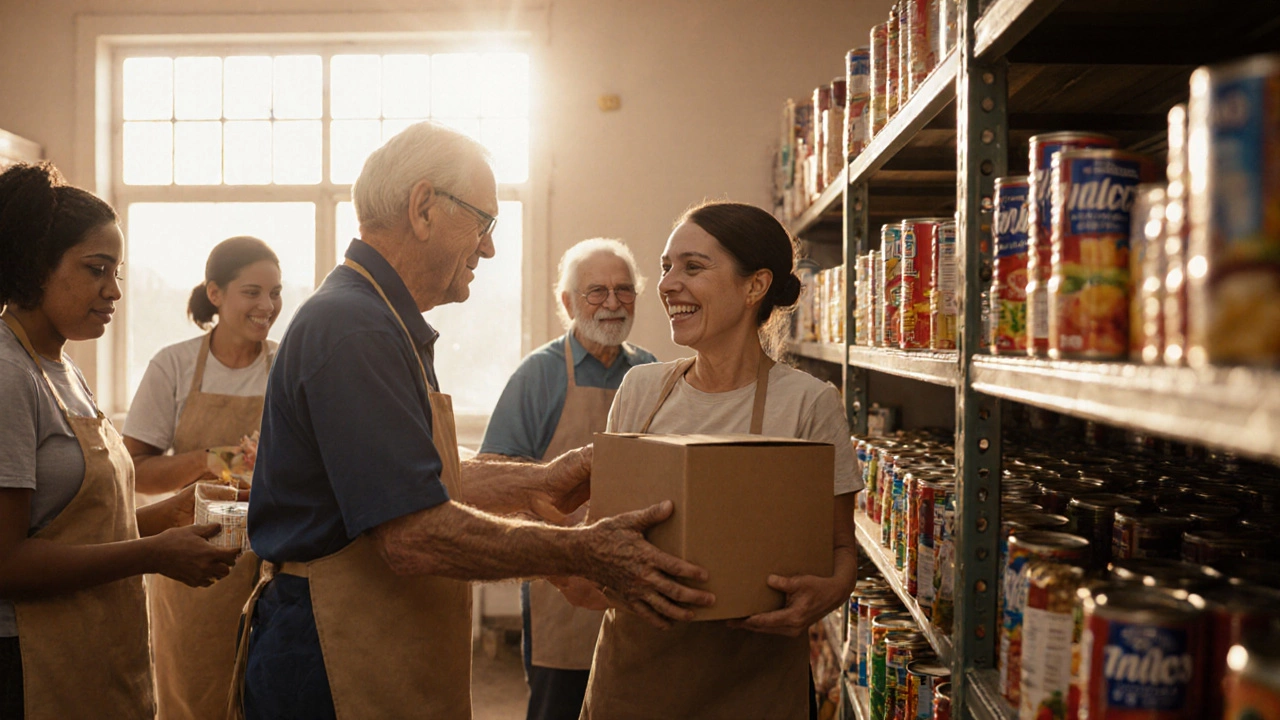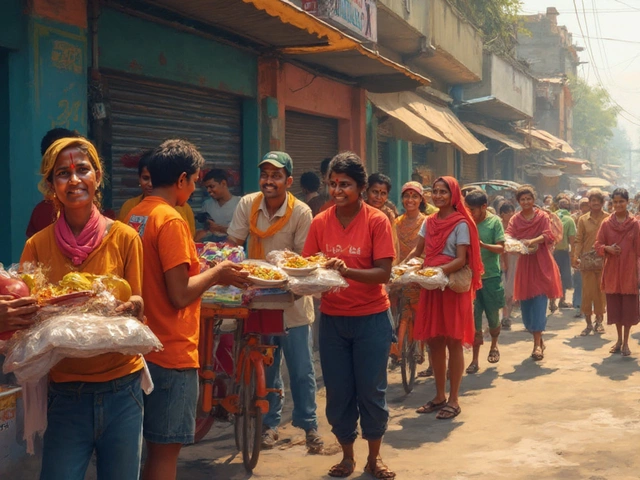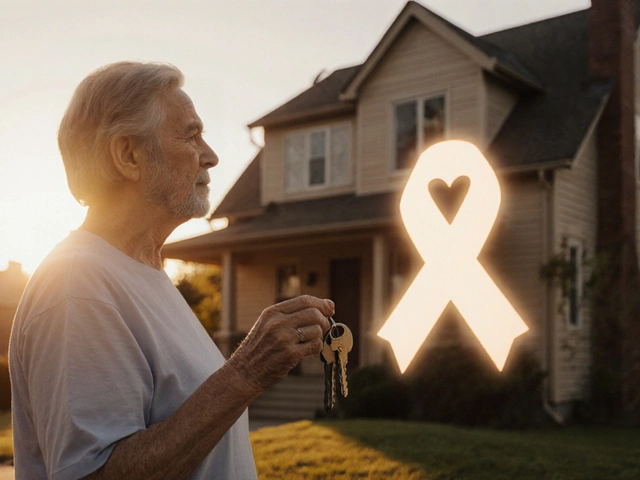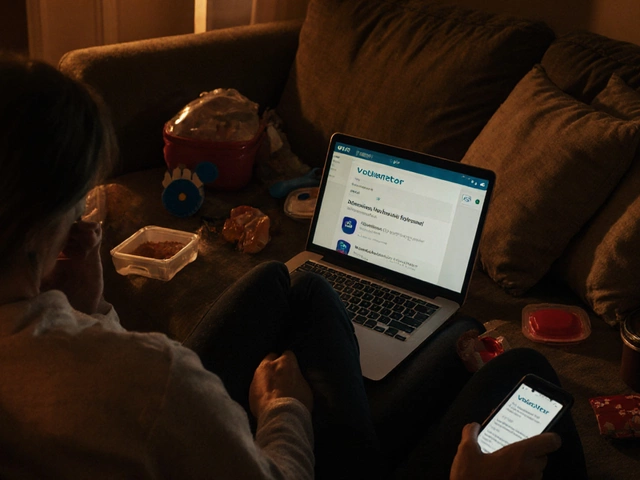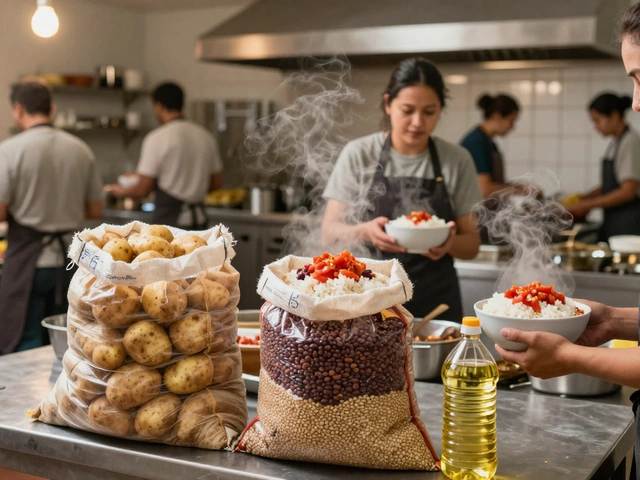Volunteering feels good. You show up, you help out, you leave with a warm feeling. But what actually happens when you volunteer? Not just the nice stuff-the real, messy, life-changing consequences. It’s not just about handing out meals or planting trees. It’s about how it reshapes your mind, your schedule, your relationships, and even your health. And not always in the way you expect.
You don’t just help others-you change yourself
Most people think volunteering is a one-way street: you give time, they get help. But the truth is, you’re the one who gets transformed. A 2023 study from the University of Wellington tracked 1,200 volunteers over two years. Those who volunteered regularly reported a 30% drop in feelings of isolation. That’s not just "feeling better." That’s measurable mental health improvement. People who started volunteering after losing a job or going through a breakup didn’t just fill time-they rebuilt their sense of purpose. One woman in the study, who began sorting donations at a food bank after her divorce, told researchers: "I didn’t know I needed to be needed until I started showing up."
Volunteering rewires your brain. When you help someone, your brain releases oxytocin and dopamine. These aren’t just happy chemicals-they reduce stress hormones like cortisol. Over time, that lowers blood pressure and improves sleep. It’s not magic. It’s biology. And it works even if you only volunteer once a month.
Time isn’t free-it’s traded
"I have no time to volunteer" is the most common excuse. But here’s what nobody says: you’re already spending time. On scrolling, on commuting, on watching TV. Volunteering doesn’t steal time-it replaces it with something that matters. The average volunteer in New Zealand gives 4.2 hours a month. That’s less than one TV show a week. But that time doesn’t disappear quietly.
People who volunteer regularly start noticing how they spend their days. They cut down on mindless scrolling. They start saying no to things that drain them. They become more intentional. One high school teacher in Christchurch started tutoring kids on weekends. Within six months, she cut her Netflix subscriptions, started walking to work, and began cooking meals with her family again. Volunteering didn’t add time to her life-it made her use what she had differently.
It can strain your relationships-if you’re not careful
Volunteering isn’t always a solo act. It can pull you away from family, friends, or even your own needs. A partner might feel ignored. Kids might wonder why you’re always at the shelter. You might start saying "I’m volunteering" instead of "I’m tired" to avoid admitting you’re burned out.
There’s a real risk of volunteer burnout. Especially if you’re helping in high-emotion settings-like working with homeless youth or after natural disasters. In 2024, a survey by Volunteering New Zealand found that 27% of volunteers who worked in crisis response felt emotionally drained within three months. They didn’t quit because they didn’t care. They quit because no one asked how they were doing.
The fix? Set boundaries. Say no. Take breaks. Tell your circle what you’re doing and why. Volunteering shouldn’t cost you your relationships. It should strengthen them-if you let it.
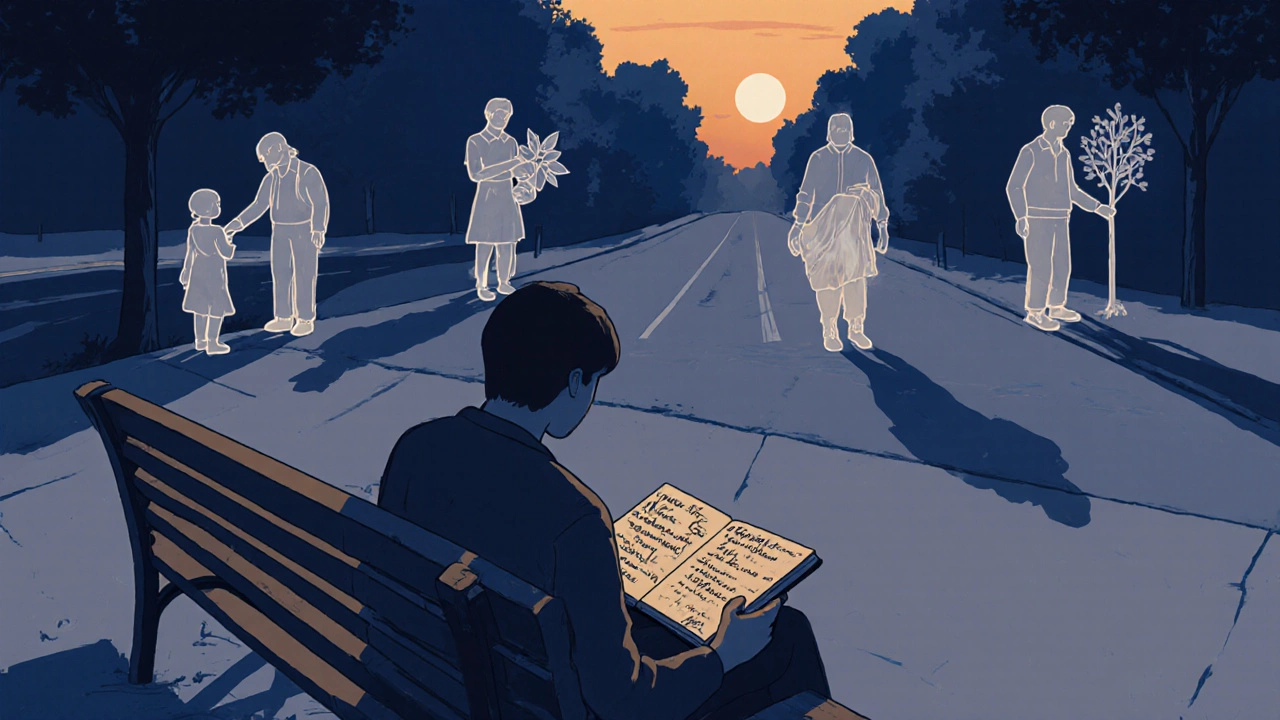
It opens doors you didn’t know existed
Volunteering is a hidden career accelerator. You don’t need a degree to learn project management, fundraising, or crisis response-you just need to show up. A man in Dunedin volunteered at a community garden. He learned how to lead teams, manage budgets, and write grants. Two years later, he got hired as a community development officer. No resume, no interview. Just someone who remembered what he’d done.
Employers notice volunteers. Not because they’re saints, but because they’re reliable. A 2025 LinkedIn survey found that 68% of hiring managers in New Zealand viewed volunteering as a positive signal of work ethic-even for entry-level roles. It’s not about the title. It’s about the skills you pick up without even trying: communication, problem-solving, adaptability.
And it’s not just jobs. Volunteering connects you to people you’d never meet otherwise. A retired nurse who started reading to kids at a library met a local artist who taught her watercolor. She now runs art classes for seniors. That connection? It didn’t come from a job board. It came from showing up.
The system doesn’t change overnight-so why bother?
Some people walk away from volunteering because they think it won’t fix anything. "One person can’t solve homelessness." "What difference does one food drive make?"
They’re right. One person can’t fix systemic problems. But volunteering isn’t about fixing the whole system. It’s about being part of the repair. Every meal served, every book donated, every hour spent listening-those are stitches in a larger fabric. In 2023, New Zealand’s community sector contributed over $1.3 billion in unpaid labor. That’s not charity. That’s infrastructure.
And change doesn’t always look like policy. Sometimes it looks like a teenager who started volunteering at a youth center and now runs a mental health peer group. Or a retired teacher who started tutoring and inspired three students to go to university. Those aren’t stats. Those are ripples.

It’s not always easy-and that’s okay
Volunteering isn’t always uplifting. Sometimes you show up and someone yells at you. Sometimes you hand out blankets and someone still freezes to death. Sometimes you pour your heart into a project and it gets canceled. That’s part of it.
Don’t expect to feel good every time. Expect to feel real. That’s the consequence no one warns you about: you’ll see the cracks in the world-and you’ll still show up anyway. And that’s what makes it powerful.
What happens when you stop?
People often quit volunteering because they think they’re "done." But the truth is, when you stop, the consequences don’t vanish. You lose the rhythm. The connections fade. The sense of purpose dulls. One man in Tauranga stopped volunteering after his wife passed away. He told a friend: "I didn’t realize I was keeping myself alive by helping others. When I stopped, I felt like I was fading."
That’s the quietest consequence of all: volunteering doesn’t just help others. It keeps you grounded. It keeps you human.
Does volunteering really improve mental health?
Yes. Multiple studies, including one from the University of Wellington in 2023, show regular volunteers report lower levels of depression and loneliness. The act of helping triggers dopamine and oxytocin, which reduce stress hormones. Even volunteering once a month can make a measurable difference in mood and sleep quality.
Can volunteering hurt your relationships?
It can-if you don’t set boundaries. Family and friends might feel neglected if you’re always away. Burnout is real, especially in high-emotion roles. The key is communication: tell people why you’re volunteering, how much time you can give, and when you need to step back. Healthy volunteering respects your personal life, it doesn’t erase it.
Is volunteering worth it if I’m not good at it?
You don’t need to be good. You just need to show up. Most organizations train volunteers. The value isn’t in your skill level-it’s in your presence. A quiet person who listens to an elderly neighbor matters more than someone who gives a speech. Start small. Learn as you go. Your effort counts more than your perfection.
Can volunteering lead to a job?
Absolutely. A 2025 LinkedIn survey found 68% of New Zealand hiring managers view volunteering as a positive indicator of work ethic and reliability. Many skills-teamwork, problem-solving, organizing events-are learned on the ground. People have been hired directly from volunteer roles because they proved they could handle responsibility.
What if I get emotionally drained from volunteering?
It happens. Especially in roles involving trauma, homelessness, or crisis response. If you feel overwhelmed, it’s not weakness-it’s a signal. Talk to your volunteer coordinator. Take time off. Find a role that matches your energy level. You’re not obligated to carry everyone’s pain. Sustainable volunteering means knowing your limits.
Volunteering doesn’t come with a manual. There’s no right way to do it. But there is a real cost-and a real reward. You give time. You gain perspective. You meet people who change you. And sometimes, you find out who you are when no one’s watching. That’s the consequence no brochure will tell you about.
